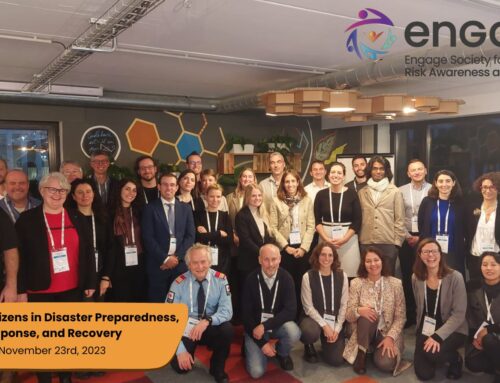Purposeful and well thought out evaluations are a cornerstone of learning from different kinds of events and incidents. To be able to utilize the full scale of partnerships and civilian preparedness, volunteerism and interoperability need to be included in evaluation efforts.
Starting in late 2019 and early 2020, the pandemic caused by the Coronavirus Disease 2019 has profoundly affected societies all over the world. Research on handling a pandemic has been ongoing at The Center for Disaster Medicine and Traumatology (KMC) since Spring 2020. One important part of learning from such an unprecedented situation is the evaluation of the handling of it. A study performed by KMC researchers looked at how public Swedish actors (county administrative boards, municipalities, and regional councils) evaluated their management of the Covid-19 pandemic.
110 evaluation reports from 98 different organizations were included in the meta-evaluation which examined the types of evaluations conducted, what content the evaluation reports included, if the evaluation reports were scientifically grounded, and what type of conclusions were drawn. A thematic analysis of conclusions of the evaluation reports resulted in four identified themes: cooperation, clarification of roles, communication, and the uniqueness of the pandemic.
Lessons learned
Early on, difficulties in cooperating with external organizations were identified. Some evaluations emphasized the importance of developing relations and establishing contact with potential cooperation partners during normal circumstances, to facilitate planning for and cooperation in times of crisis. The retention of the new forms of cooperation that the pandemic gave rise to was also emphasized.
Including the public and society in handling a crisis, especially a crisis as long as the Covid-19 pandemic has shown to be, is crucial for successful management of a public threat. The lack of evaluation of the volunteer efforts in Sweden shows that the volunteers are an untapped source for many factors which contribute to the successful handling of different types of situations. This is also reflected in the second theme of the meta-analysis; clarification of roles. Without clear and across-the-board role allocations, there can be difficulties in enrolling and retaining volunteer help, and to start and uphold successful partnerships and cooperation in any type of crisis.

Figure legend: Number of evaluation reports per month; 103 of 110 included reports clearly state the period of time that was evaluated. (Source: Lindhagen, A. et al. (2022))
By: Alva Lindhagen, KMC & Susanna Lönnqvist, KMC





